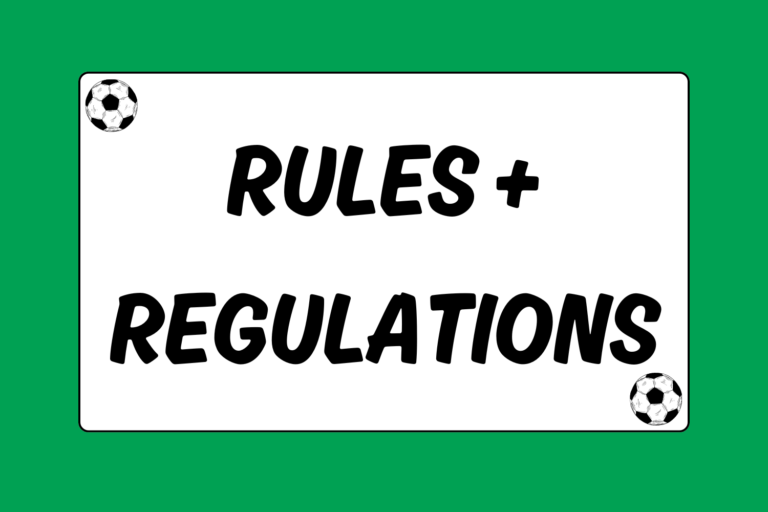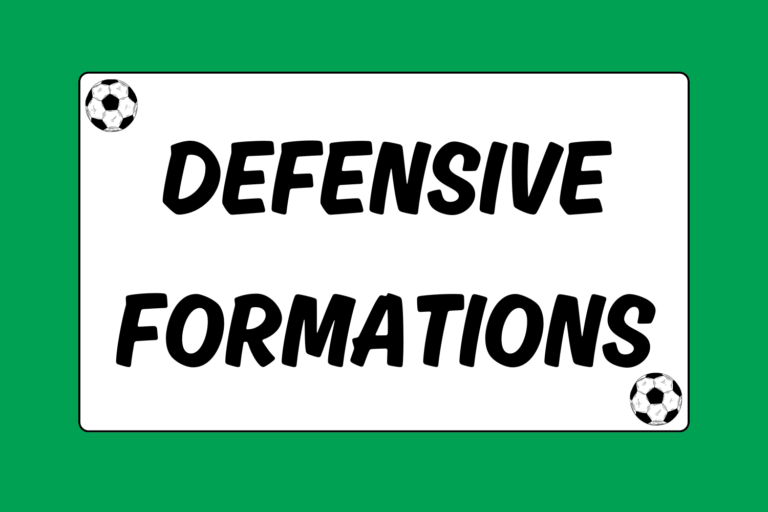Coaching your child in soccer can be a great bonding experience, resulting in memories that you and your child (or children!) can share for the rest of your lives. However, juggling the dual responsibilities of both parent and coach can prove difficult at times. This guide talks about some of the more important facets of coaching your own kids.
Know the Role
Many coaches begin as volunteers, stepping in when there’s no one else with the time or experience to coach. In some cases, parents come to the rescue when a previous coach steps down or is no longer available. Regardless of how it happens, it’s important for parent/coaches to be aware of the many pitfalls that go with coaching your child on the soccer field, which include:
- Avoiding favoritism
- Overcompensating, and instead being especially hard on your child
- Remembering to take off the coaching hat when the game ends
- Letting games dominate conversations at home, when other topics should
If you’re a parent who coaches your child’s soccer team, talk with your child before the season and between games. Make sure he knows that you love him no matter what. Remind him that your role as parent will always be more important than your role as a coach. Essentially, make sure you’re both comfortable with the idea of your coaching the team.
Parent First, Coach Second
The inability of parents to be just after practices and games is the biggest danger involved in coaching children in soccer. Whether it’s stress leading up to a big game, or the desire to talk tactics at the dinner table, failure to leave soccer on the field can lead to conflict and alienate your child.
It’s worth it to have regular conversations with your child in which you explain your dual roles:
- As a coach, you are responsible for every player on the team, and will hold everyone to the same expectations. Explain that sometimes this means tough talk and instances of being “not nice,” but it’s related only to soccer.
- As a parent, your child comes first. Outside of soccer, that will always be the case.
Regularly reminding your child (like before and after practices) that you love him and expect him to work hard is a good idea; it will help reinforce the parent/coach dual role.
Your spouse can help you revert back and forth between roles by making sure that you talk about things besides soccer at home. This way, soccer can remain at the field and not dominate your house.
Mental Edge
The Positive Coaching Alliance suggests that coaches working with their children actually wear a hat to denote the “coach” status. When the hat comes off, your child will know you are back to being a parent.
Don’t Be Too Hard on Your Child
Many parent-coaches worry about demonstrating fairness when their child is on the team, and resultantly overcompensate (both positively and negatively) in how they handle business with their kids.
This can be challenging when your child is a standout player, or when he is a goalkeeper. In these cases, your child is already separated from the other players for multiple reasons. One way to remain even-handed is to bring your child in on your thought process. Ask him if he believes you are treating him fairly, or if they wish you were doing something different. This conversation will be easier if you have had similar talks since the beginning of the season.
Make Sure it’s Fun
Having fun should always be your top priority as a coach. As children get older, the emphasis becomes more about winning. But regardless of your child’s age, remember that soccer is a game, and games should be fun.
Keeping it fun doesn’t mean a complete absence of hard work and discipline; these are both a necessary requirement to both learning and playing soccer. Just recognize that the work can — and should — be enjoyable as well.
“It is foolish to expect a young man to follow your advice and ignore your example.”
Don Meyer
Hall of Fame NAIA Basketball Coach
Set an Example
Few parents ever have the opportunity to take their children to work and compete along with them toward a common goal. Hopefully, you consider coaching your children a privilege and use the time to set an example. Don’t be afraid to run laps with your child, participate in drills, or even scrimmage along with assistant coaches. Children who see their parents work are more inclined to work harder.
Above all else, treasure your time on the field and your child will likely do the same.





